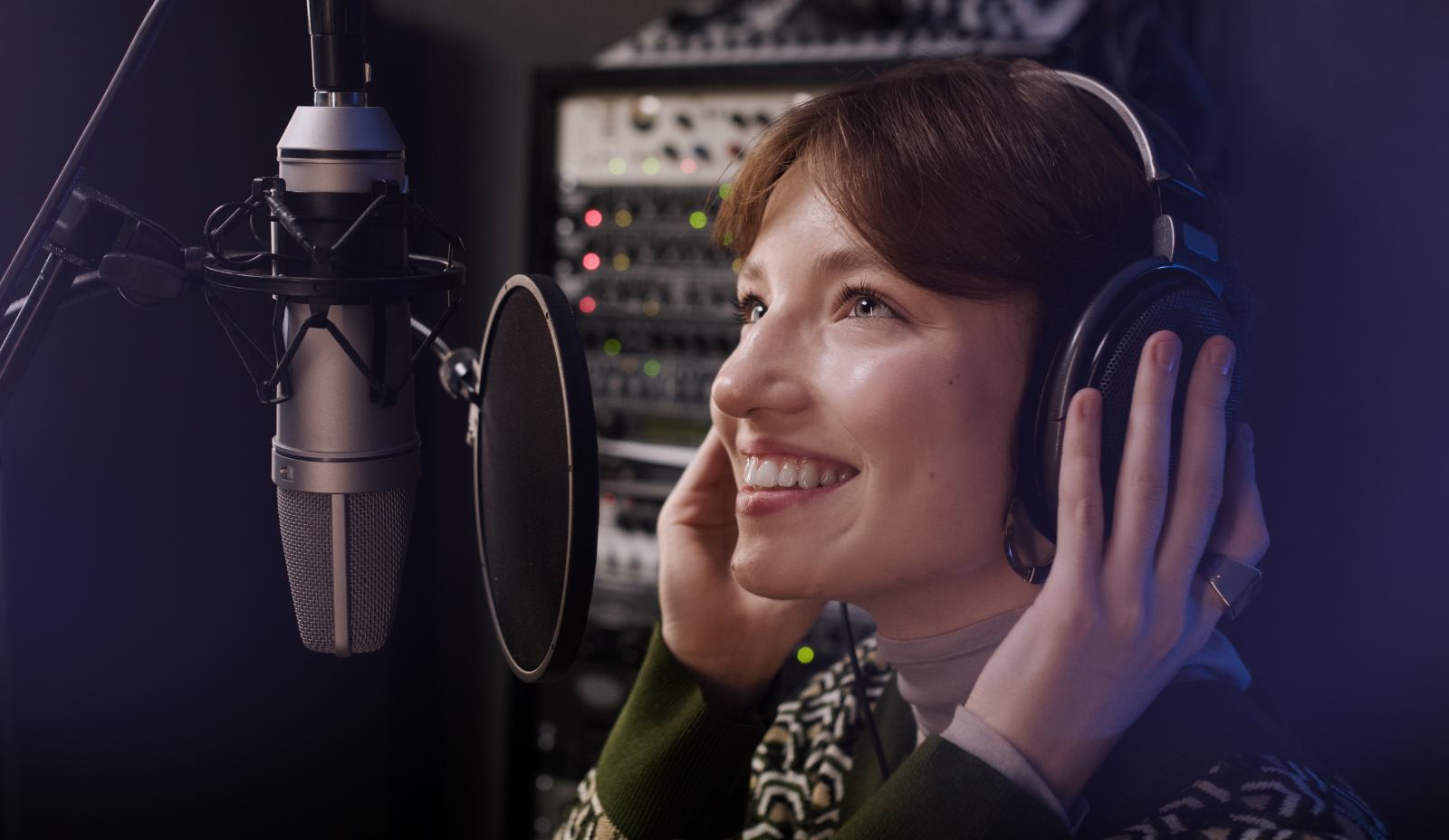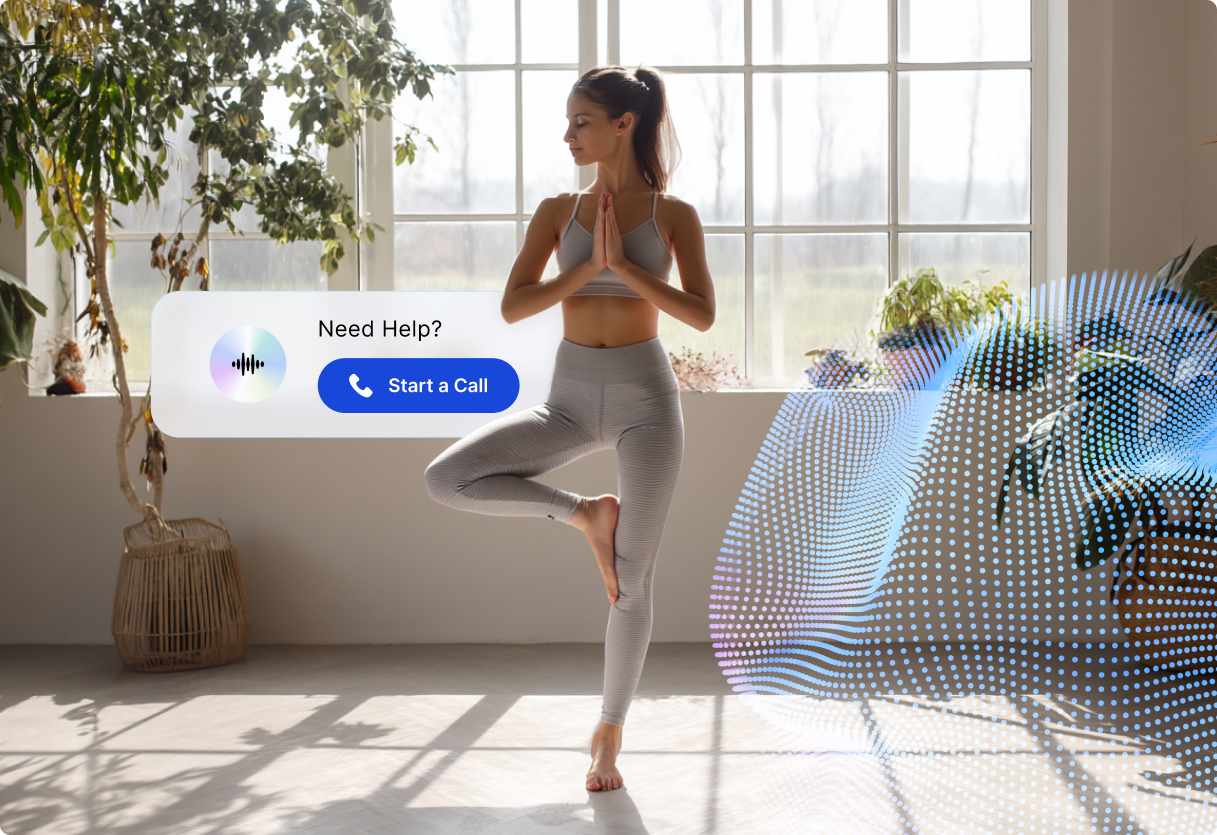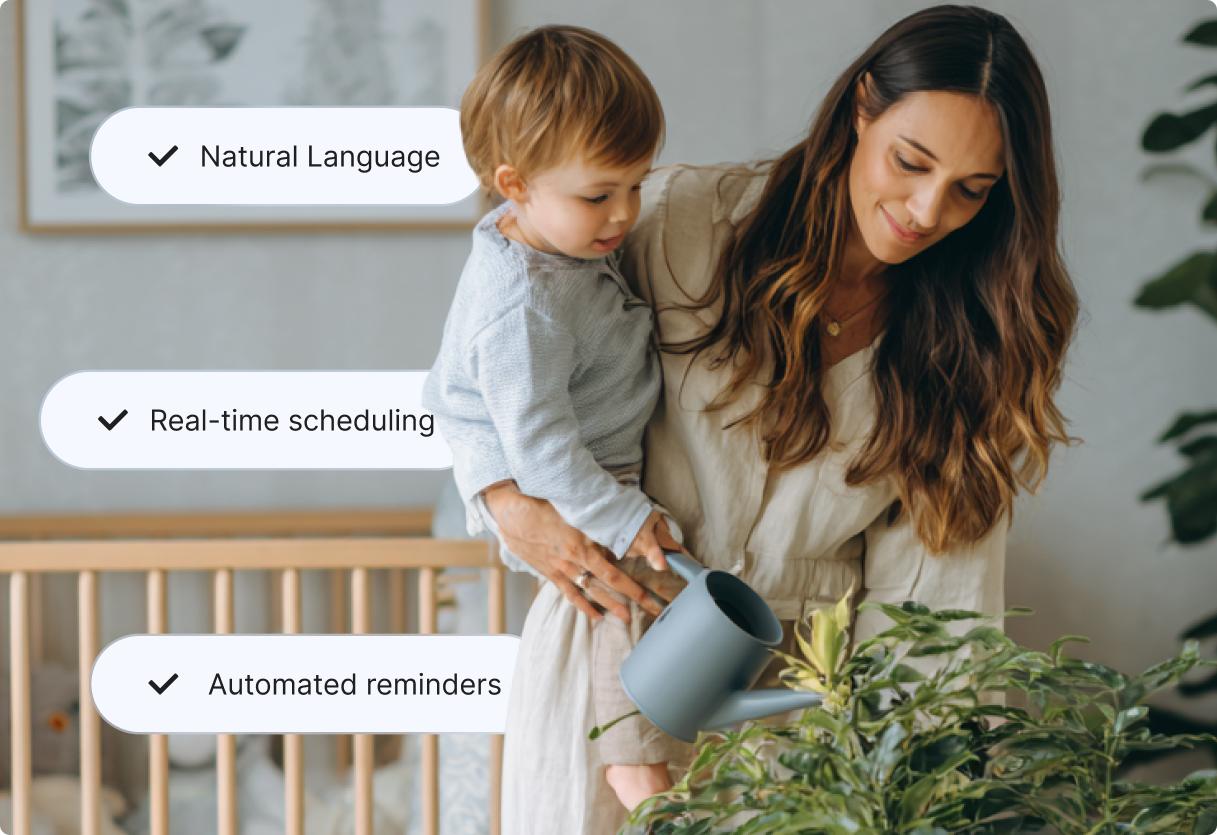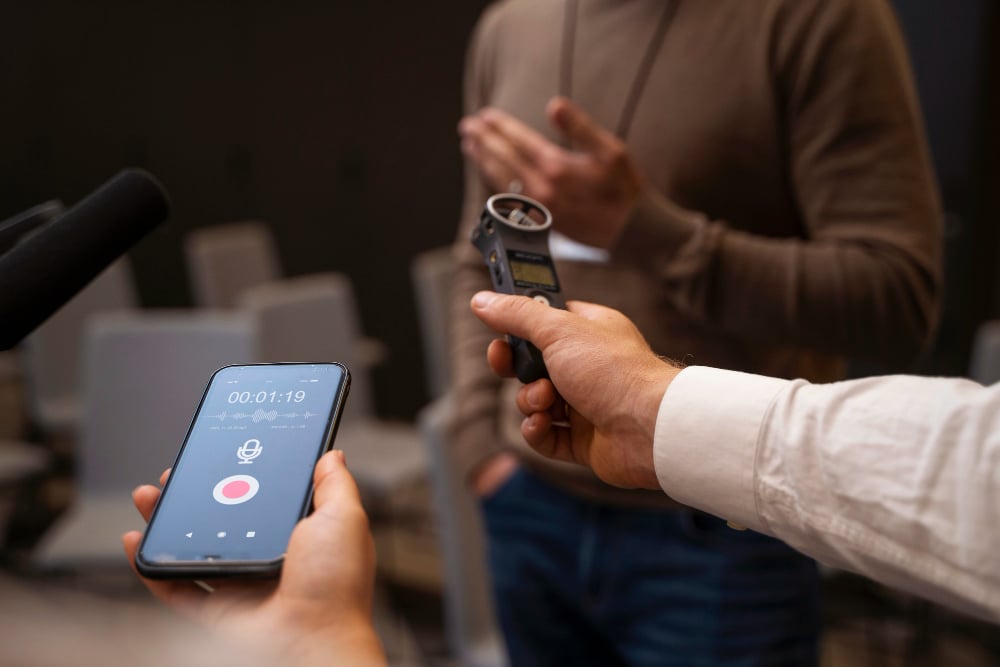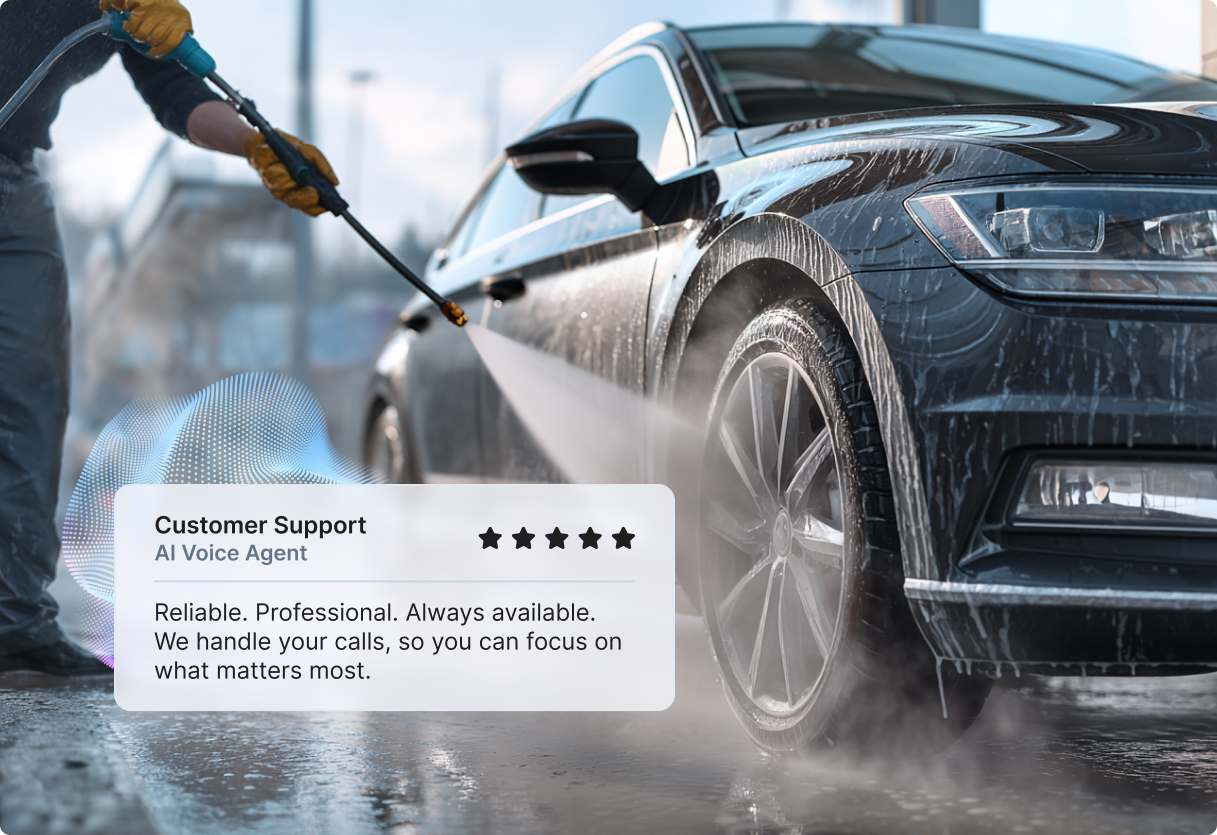Understanding Why We Dislike The Sound Of Our Own Voice
For many of us, it’s no surprise that hearing our own voice on a recording can feel pretty strange. The disconnect between our inner voice sound and the one we hear in a recorded voice can lead to a perplexing sense of unease. So, why do we often not quite like how our voice sounds? The answer lies in a mix of mind and body factors that shape how we hear ourselves.
It’s intriguing how the path our voice follows on its way to our ears significantly influences how we perceive it. As our vocal cords produce vibrations, these vibrations don’t solely travel through the air; they also resonate within our skull and inner ear.
This blend of vibrations conducted through bones and through air conduction converges to form the voice we identify as our own. However, recordings solely capture the airborne aspect, distorting how we perceive our voice and intensifying the discomfort we experience.
The way we perceive the voices of others greatly impacts how we judge ourselves. Studies show that when we hear ourselves speak, we subconsciously compare our voice to those around us. This can cause the recorded voice, which lacks these external points of comparison, to come across as higher-pitched or less familiar than what we’re used to.
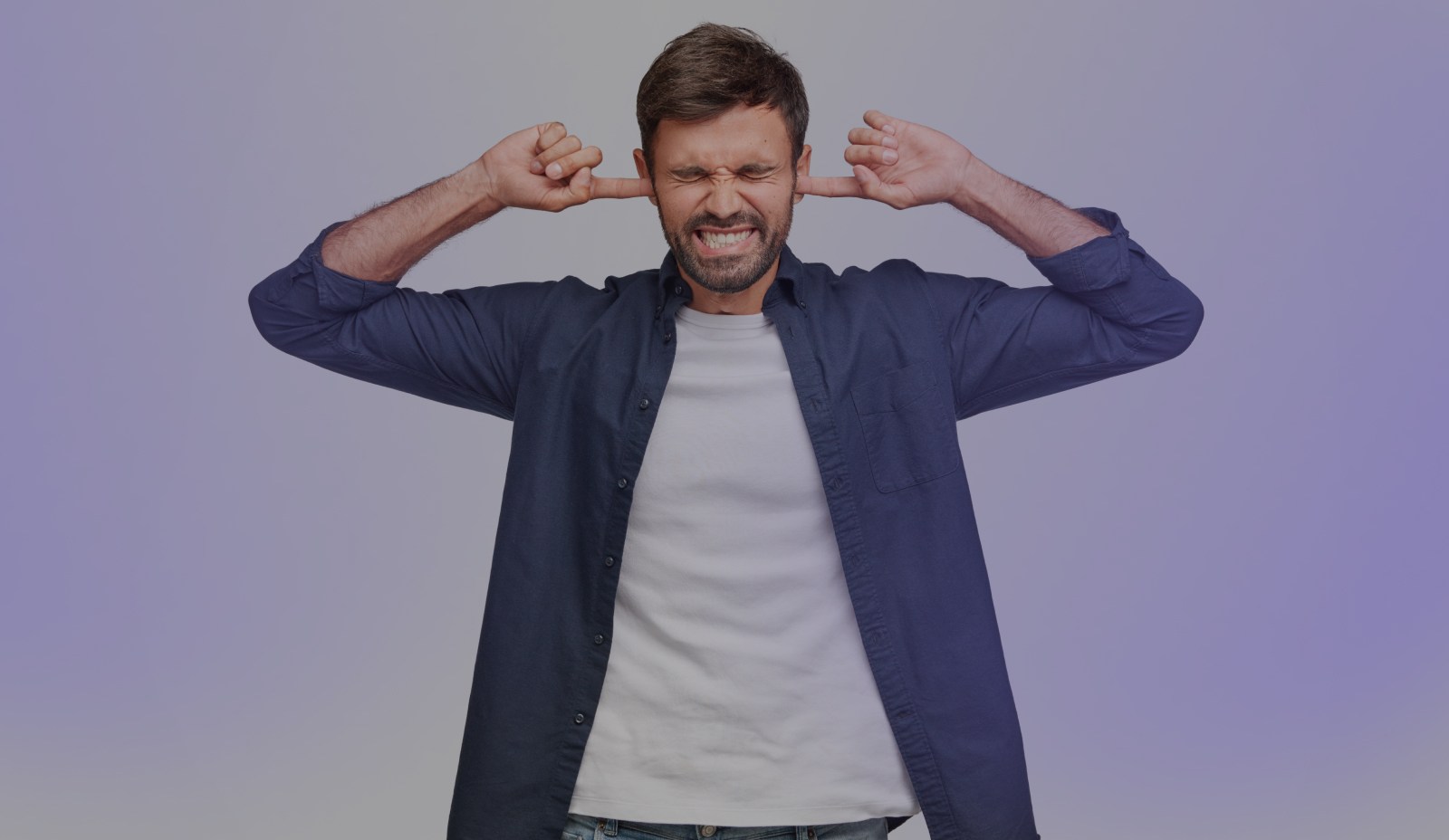
The Impact of Sound Waves on How We Hear Ourselves
Sound is like a type of energy that moves through the air in wavy patterns. Imagine throwing a pebble into a calm pond – it creates ripples that spread out. Similarly, when things like our vocal cords or musical instruments shake, they create these wavy patterns in the air.
When we talk, our vocal cords create sound vibrations that travel through the air and into our ears. These waves have parts where the air gets squeezed together (like when you squish a ball of dough) and parts where the air spreads out. When these waves reach our ears, they make our eardrums vibrate too. Our brain then uses this vibrating information to help us understand the sound.
When we talk, the sound waves we make go through the air and go straight to our ears. But, when we hear a recording of our voice, the sound waves have to do a bit of a journey. First, they travel through the air to a microphone. This microphone changes them into tiny electric signals. Later, these signals are changed back into sound waves by speakers, and those sound waves come to our ears. But because of this process, the sound can change a little, and that’s why our recorded voice might sound different to us.
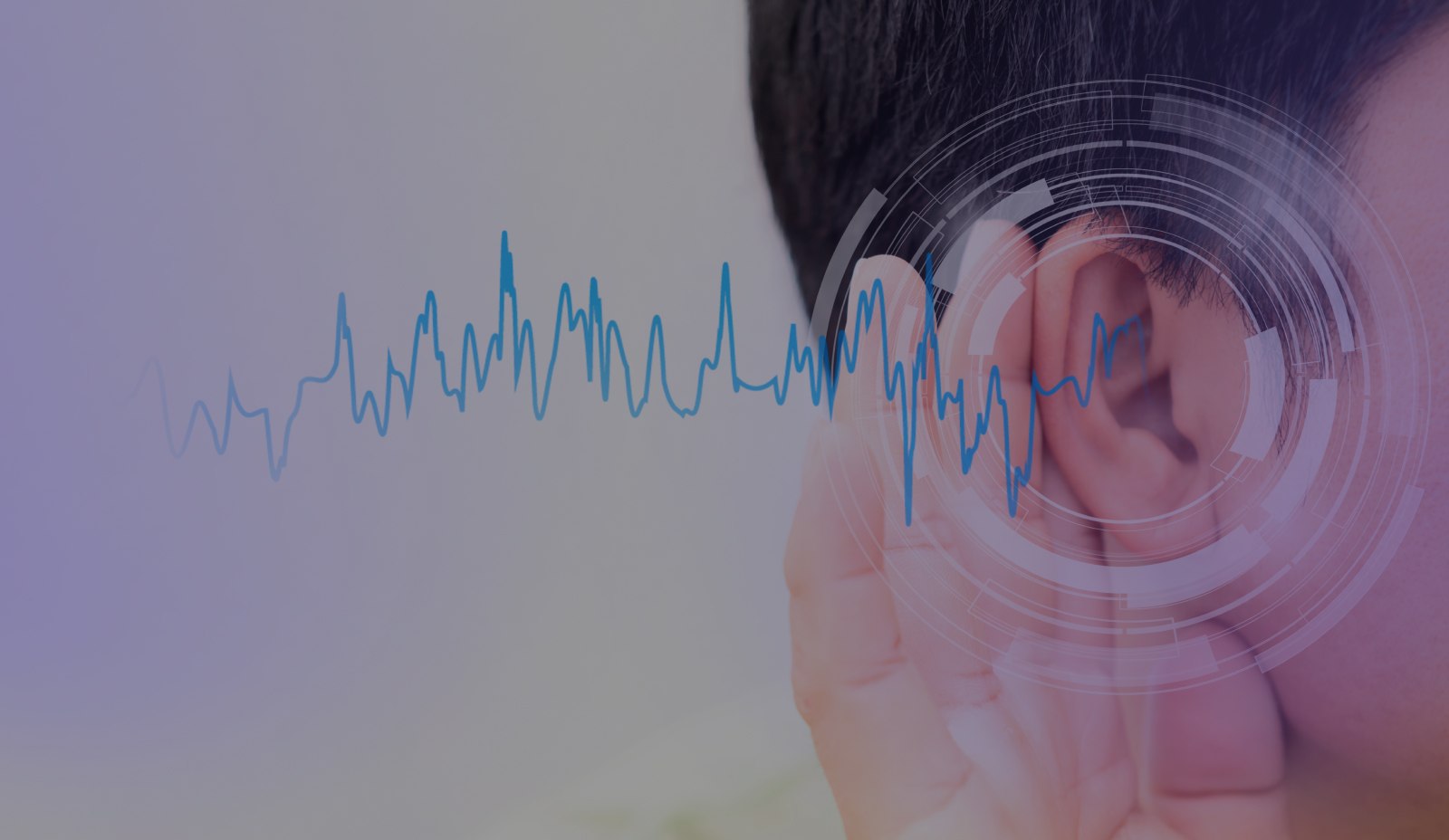
Is Your Recorded Voice More Appealing Than You Think?
In a study by Susan M Hughes and Marissa A Harrison titled “I Like My Voice Better: Self-Enhancement Bias in Perceptions of Voice Attractiveness,” the researchers wanted to see how people rate their own voice’s attractiveness compared to how other people rate their voices.
Here’s what they found: Even though participants didn’t know which voices they were listening to, they thought their own recorded voices sounded more attractive than other people thought. This happened whether the other voices were from people of the same or opposite sex.
This interesting discovery suggests something called “implicit egotism.” This is when people unconsciously feel better about themselves, even in small ways like how they think their voice sounds. So, the study shows that we often like our own voice more than we realize!
Susan M. Hughes conducted another study with Justin K. Mogilski and Marissa A. Harrison, and it was discovered that both men and women adjust their speech to appear attractive or dominant. Both genders succeed in sounding dominant, but men also manage to convey confidence and intelligence through increased pitch and volume. Women’s attempts to sound confident by speaking faster, however, were less successful compared to men.

When People Hear An Altered Voice: Impact and Significance
Hearing a voice that sounds different, whether someone is trying to change it on purpose or it happens accidentally, can affect how we understand and talk with each other. Learning about these changed voices helps us understand how people react and adjust the way they talk.
Also, figuring out why some people change their voice because they don’t like how it sounds gives us a peek into the interesting reasons behind why they do this.
When some people don’t like how their voice sounds, they might change the way they talk to feel better. This can help them cope or feel more confident about themselves. Many things can make them do this, for example:
Self-Image Enhancement
Social Acceptance
Reducing Discomfort
Performance Enhancement
Communication Barriers
In a study led by William Apple, Lynn A. Streeter, and Robert M. Krauss, published in a journal, three experiments explored how people’s judgments are influenced by the sound of someone’s voice. The research revealed that a person’s voice strongly shapes our opinions of them.
Why do some people develop a dislike for voices that produce sounds higher than the rest? Because in some cases, speakers with high-pitched voices or slow speech tend to leave less positive impressions. Men with higher-pitched voices are often seen as less truthful, convincing, and strong, appearing more anxious. The researchers ensured the reliability of their findings by studying numerous speakers and assessing the impact of altering speech speed and pitch on judgments.
Although the study’s outcomes are intriguing, it focused exclusively on male voices. The effect of these voice characteristics on how people perceive female speakers could vary.

From Disliking Our Voices to Voice Morphing and Self-Acceptance
In a world where disliking our own voices is a common sentiment, we give you a solution that will empower a journey of self-discovery. Introducing Voice.ai’s voice changer software, a true game-changer in the market.
Our technology not only offers the ability to morph and modify your voice with the help of AI in fascinating ways but also serves as a catalyst for self-acceptance. Our tool allows you to reshape your voice, molding it in any way you want. Voice.ai’s software provides an avenue for creative exploration, letting you experiment with many user-generated voices.
It’s the perfect resource for those who have wanted a different vocal identity, whether for professional purposes or personal amusement. While transformation is a powerful aspect of Voice.ai’s software, we encourage an acknowledgment of the big value of your unique voice. As you experiment with many voices you also get to notice the qualities that make your voice truly yours.
FAQ
How does sound reach the inner ear?
Sound travels from the outer ear to the inner ear through vibrations that pass through the middle ear bones and stimulate the cochlea. This process involves both air conduction and bone conduction, and it ultimately leads to the generation of nerve impulses that our brain interprets as sounds.
Can I Alter The Sound Of My Voice In Real Time?
Yes, you can definitely alter the sound of your voice! With Voice.ai’s voice changer software, you have the power to transform your voice in many ways. Our software offers a range of features designed to assist you in modifying your voice according to your preferences. The best part is, it’s absolutely free to use!
We give you a diverse collection of user-generated voices, each offering a unique twist to your vocal style. Whether you’re a gamer, streamer, or simply someone who wants to experiment with their voice during calls, our software has you covered. If you’re using a microphone or any other recording device, our software will work without a hassle.
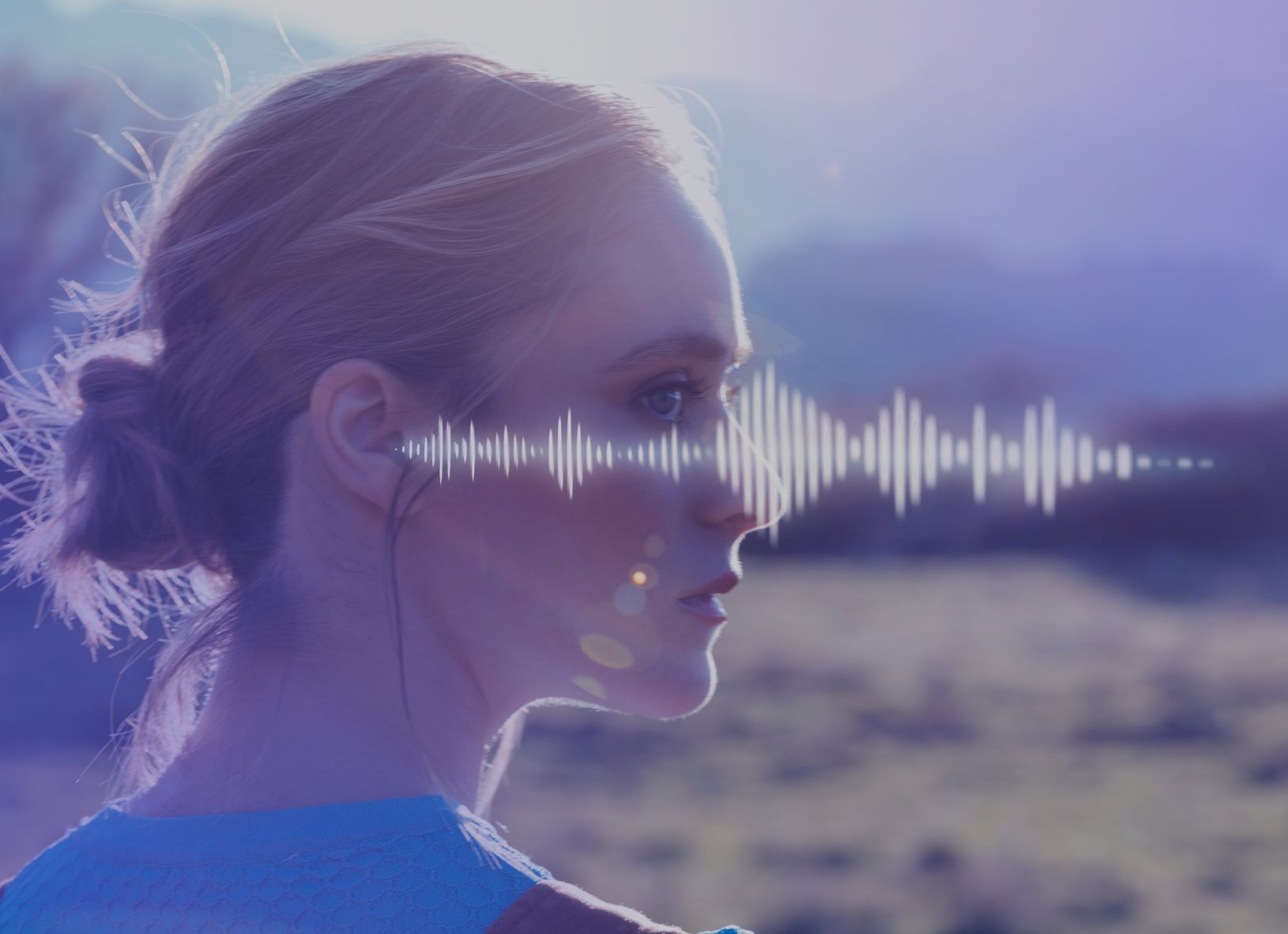
Can I Morph Pre Recorded Audio Files?
Absolutely, you can morph pre-recorded audio files using Voice.ai’s voice-changing software. Our innovative tool offers you the flexibility to modify your voice in real-time, but its capabilities extend far beyond that. With Voice.ai, you can transform existing recordings that you already possess.
When you’re ready, simply import the desired file into Voice.ai’s software. From there, you can choose from a variety of voice-altering options, ranging from cartoon-like voices to the ones of people in the spotlight. With a few clicks, you can transform the audio to your desired outcome.
Easily share your modified audio files with friends, colleagues, or your online audience. Whether you’re a content creator, a podcaster, or simply looking to have some fun with your recordings, Voice.ai’s user-friendly interface ensures that you can morph, create, and share with ease.
How can I download and Install Voice.ai?
Getting Voice.ai is super easy and comes at no cost! All you need to do is head over to our main page, then press the download button to quickly install and begin using our app. Become part of the community of voice explorers and make Voice.ai your new favorite software.
Voice.ai Works With Games and Apps Like
Among Us, World of Warcraft, Diablo 4, Minecraft, CS:GO, League of Legends, PUBG, Rust, GTA V, Second Life, Valorant, COD Warzone, Discord, Skype, Google Meet, Zoom, WhatsApp, Teamspeak, OBS, Battle.net, Battlebit, Palworld, Phasmophobia, Lethal Company, Helldivers 2, Apex Legends, Escape From Tarkov, Splatoon, Snapchat, KakaoTalk

